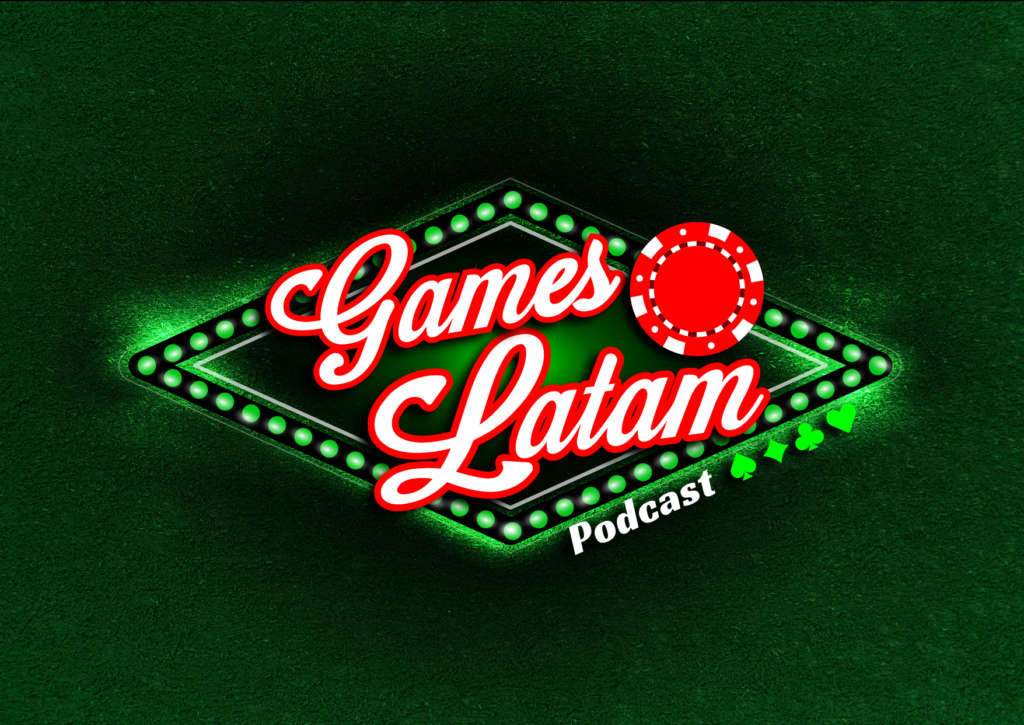Imagine a centuries-old privilege suddenly under siege by new private gaming establishments.
Seven Native American tribes have unleashed a groundbreaking lawsuit against California cardrooms over contested card games.
They wield Senate Bill 549, claiming exclusive rights to blackjack and poker in a fight for their cultural and economic survival.
Read on to discover how this legal clash affects local communities, government finances, and the entire California gambling scene.
Tribal Lawsuit Targets Cardrooms: Will This Legal Battle Reshape California’s Gambling Future?
3 Key Points
- Seven tribes allege that private cardrooms are infringing on their exclusive rights to host certain card games.
- Senate Bill 549 grants tribes a three-month window to sue, challenging the legality of these contested cardroom offerings.
- A ruling in favor of tribes could upend local budgets, as many cities rely on cardroom revenue for essential services.
Seven casino-owning Native American tribes have launched a groundbreaking lawsuit against multiple California cardrooms, invoking Senate Bill 549. They allege that private establishments are operating illegal card games such as blackjack and poker, infringing on the tribes’ exclusive rights to these games. Filed in the Sacramento County Superior Court as the new year began, the lawsuit seeks to curtail activities considered by the tribes as harmful to their interests and culture.
The impetus behind this legal action is Senate Bill 549, a new law signed by Governor Gavin Newsom last September, effective from 1 January. This legislation provides the tribes a limited three-month window to sue private cardrooms for offering disputed card games. Prior to SB 549, tribes, as sovereign entities, lacked sufficient legal standing to take cardrooms to court. The legislation thus marks a critical shift in California’s gambling framework, giving tribes unprecedented means to enforce their longstanding exclusivity on certain table games.
At the core of this dispute is the tribes’ contention that California voters long ago granted them monopolies on specific table games under state gaming compacts. They see blackjack and poker as cornerstones of tribal operations—vital for funding social programs, infrastructure, and other community needs on historically marginalized reservations. The tribes maintain that private cardrooms, which run these games, violate the constitutionally recognized compacts.
A cardroom industry spokesperson disputes the accusations. They argue that these cardrooms are “lawful, tax-paying businesses,” claiming state attorneys general have consistently approved the card offerings. The cardrooms also highlight their role in supporting local communities. They generate millions in tax revenue for city governments, which often rely on gambling taxes to fund crucial services like police, fire departments, and road maintenance.
However, the tribes and their supporters emphasize the broader economic repercussions on tribal territories. Many tribal casinos rely heavily on table games for a significant portion of revenue. Losing even a fraction of that market to unregulated or grey-area cardroom gambling could jeopardize tribal social programs that serve everything from healthcare to education. Furthermore, the tribal plaintiffs question how these private cardrooms can openly advertise contested card games without crossing legal lines.
As for local impact, city officials are on edge. Several municipalities exist in a precarious financial balance where cardrooms fund up to half of their budgets. For instance, the city of Hawaiian Gardens relies on gambling taxes for nearly two-thirds of its budget. A verdict favoring the tribes might force cardrooms to cease offering certain games, potentially hobbling municipal revenues. Such an outcome could spur widespread layoffs or suspension of critical public services, intensifying local tensions over the matter.
Meanwhile, the lawsuit arrives in the aftermath of a political hurricane. The push for Senate Bill 549 triggered fierce lobbying from both the tribal side and the cardroom side. Millions of dollars poured into campaign contributions and public outreach campaigns to influence lawmakers. This power struggle partially explains the intense media spotlight on the new legislation. Consequently, SB 549’s passage signaled lawmakers’ growing sensitivity to tribal claims, but not without igniting a wave of controversies.
The lawsuit itself seeks no direct monetary compensation or attorneys’ fees. It aims solely to address the legality of these disputed table games. Should the court side with the tribes, the cardrooms may have to halt these offerings, effectively reshaping California’s gambling industry. With so many vital city budgets on the line, the stakes could hardly be higher.
These seven Native American tribes are now testing the legal waters provided by SB 549, focusing on the alleged violations by private cardrooms. The outcome could reshape gambling in California and significantly alter funding for local governments. Despite the cardrooms’ role as economic engines for some municipalities, tribal leaders are pushing to protect their exclusivity in blackjack and poker. Observers anticipate that the case outcome will have profound ripple effects for players, city councils, and tribes alike, underscoring the delicate balance between economic needs and constitutional gaming rights.
The post Tribal Casinos Sue Cardrooms appeared first on Gamingo News.
Imagine a centuries-old privilege suddenly under siege by new private gaming establishments. Seven Native American tribes have unleashed a groundbreaking lawsuit against California cardrooms over contested card games. They wield Senate Bill 549, claiming exclusive rights to blackjack and poker in a fight for their cultural and economic survival. Read on to discover how this
The post Tribal Casinos Sue Cardrooms appeared first on Gamingo News.
Participe da IGI Expo 2026: https://igi-expo.com/









